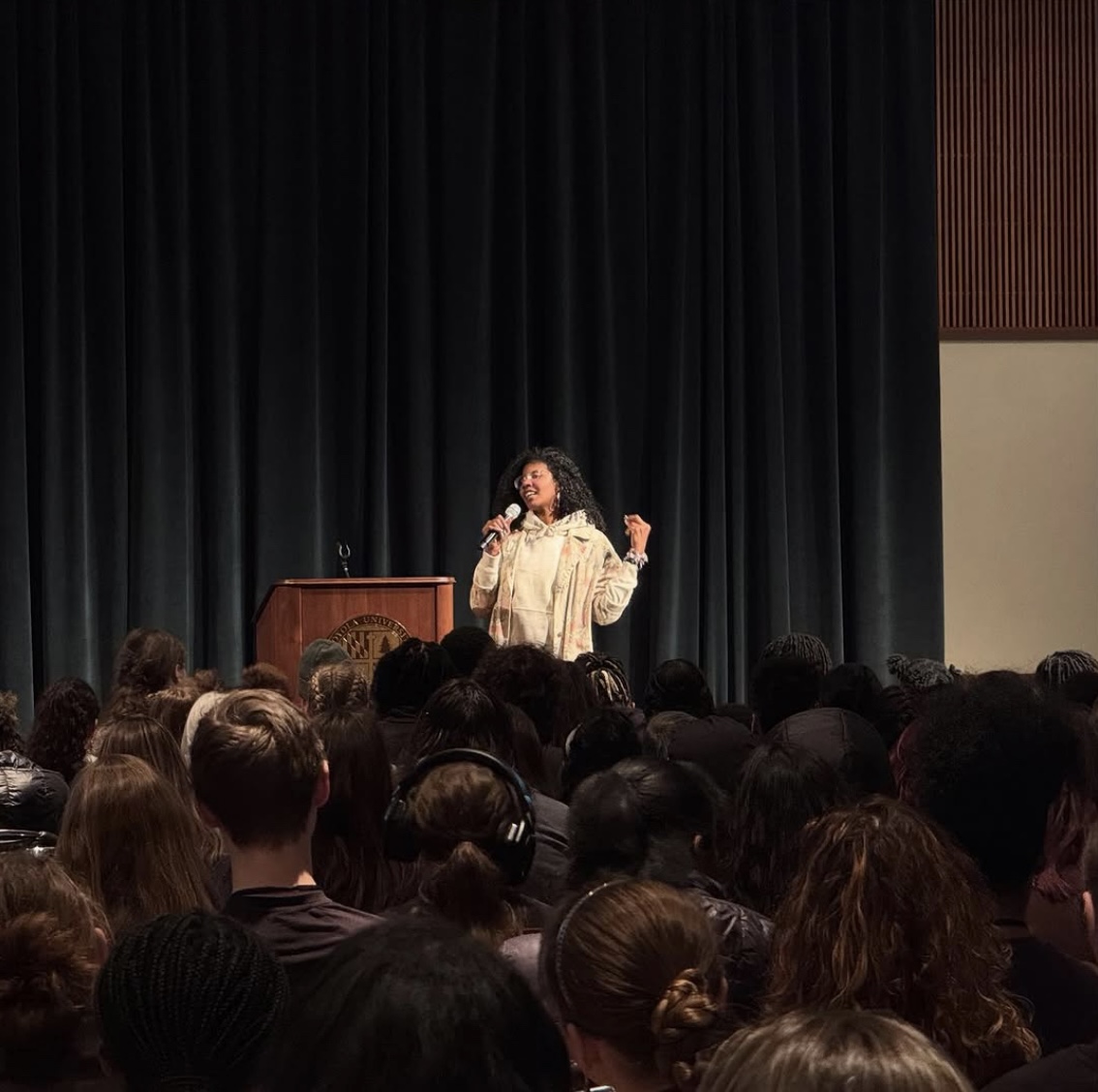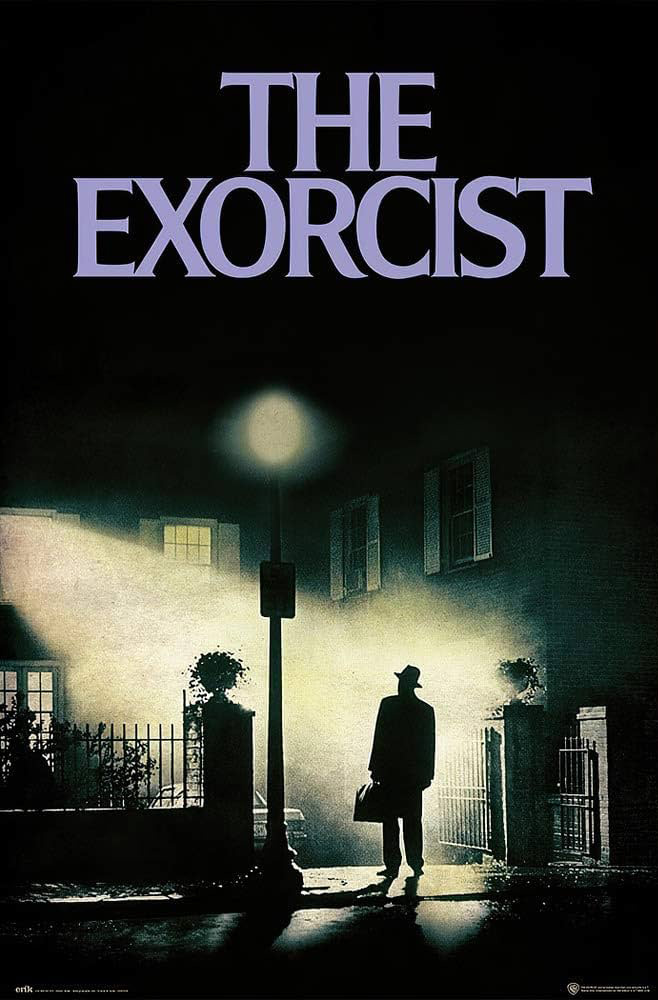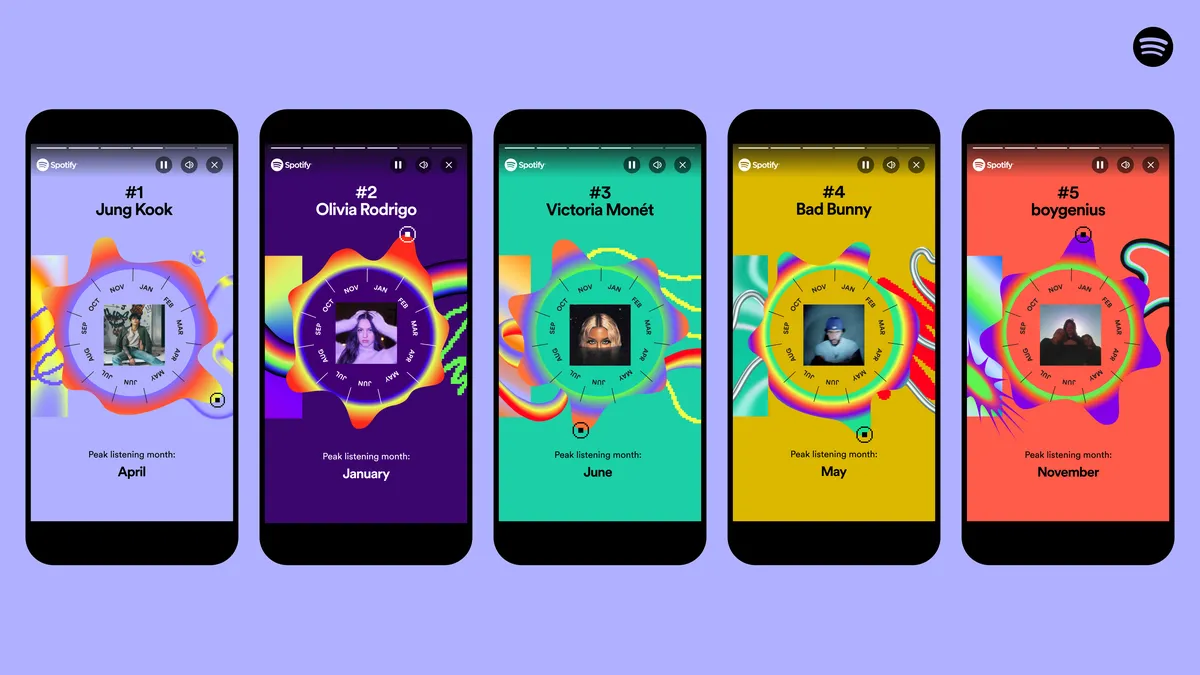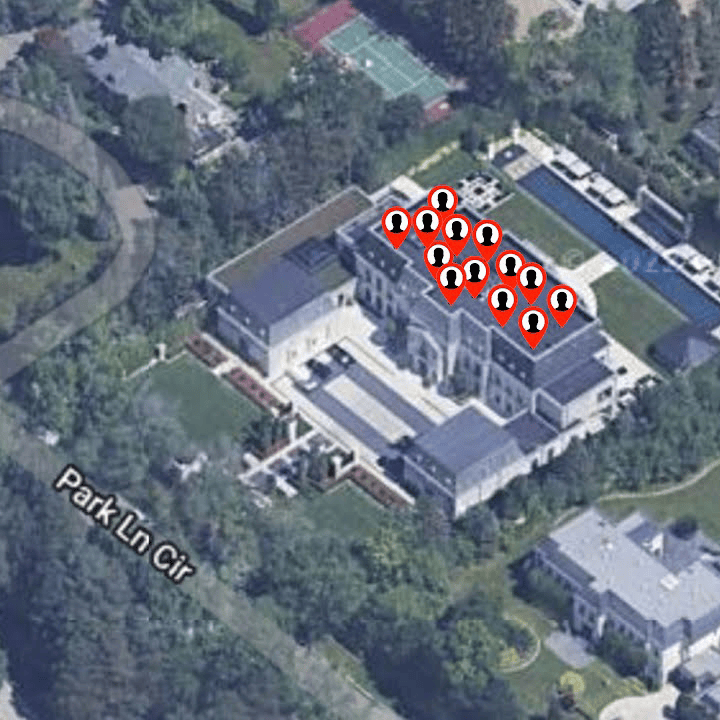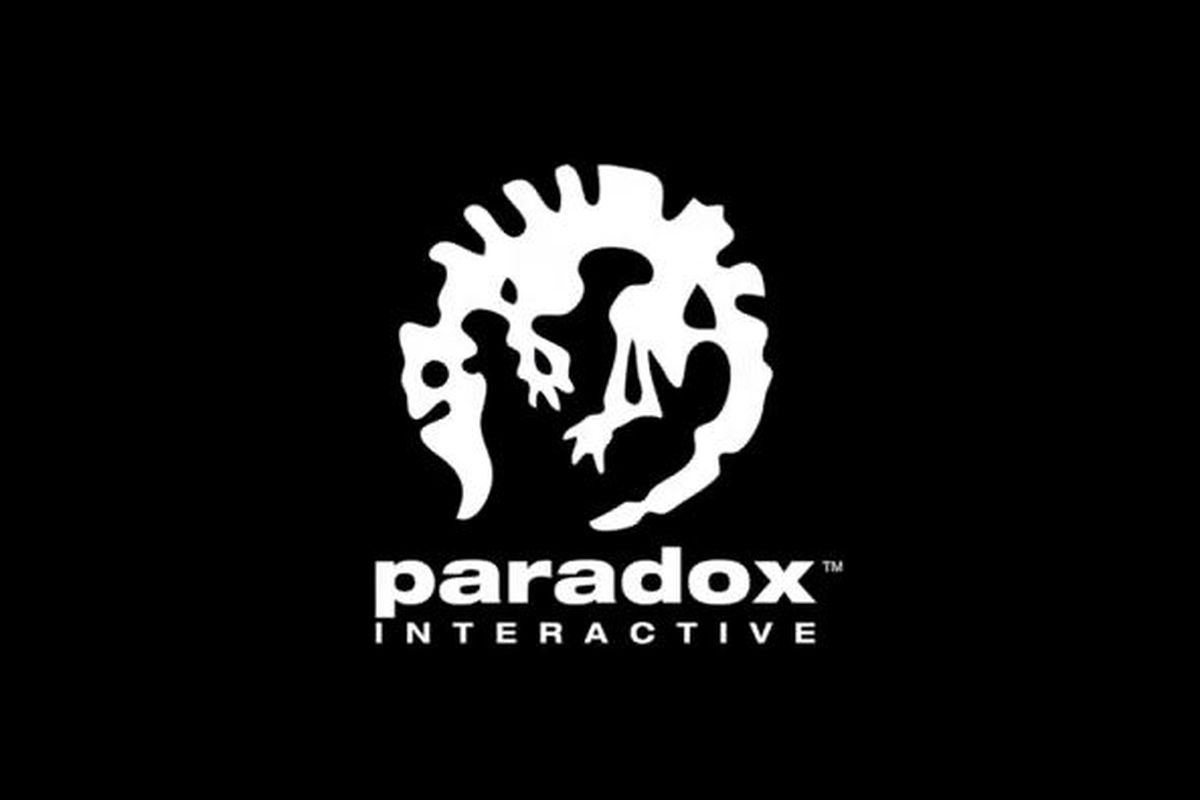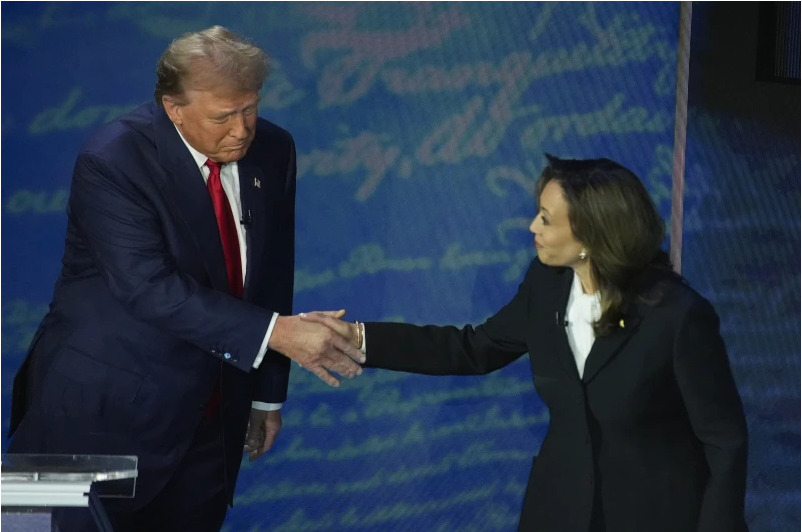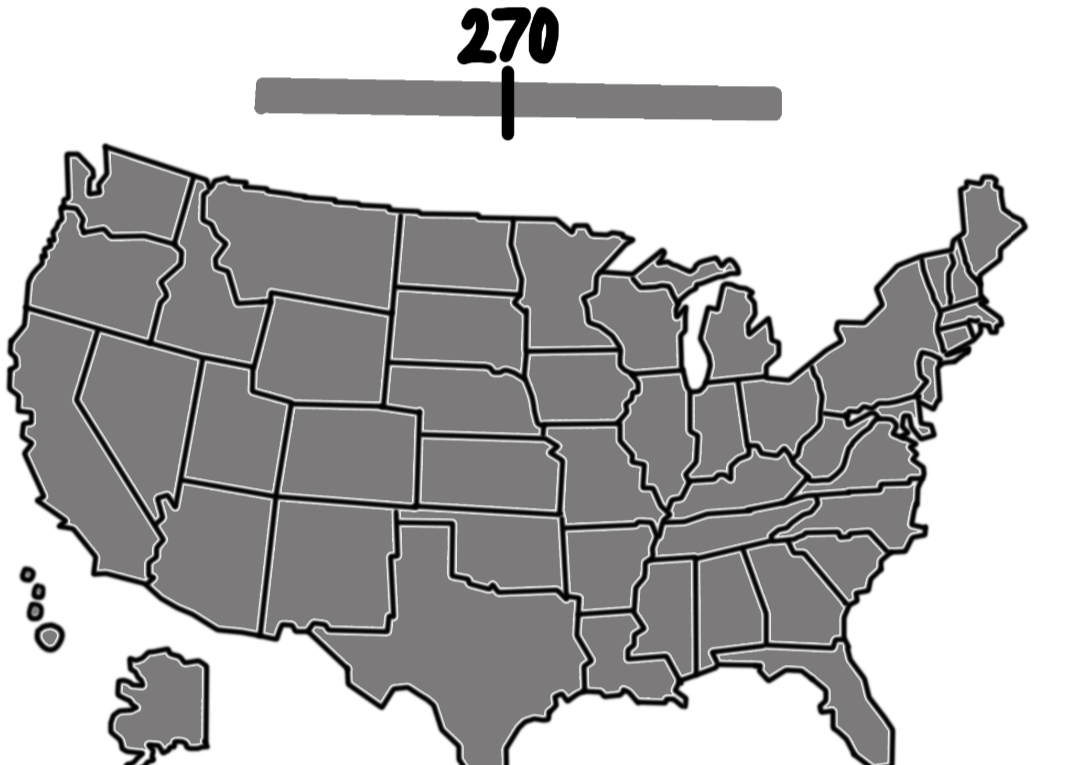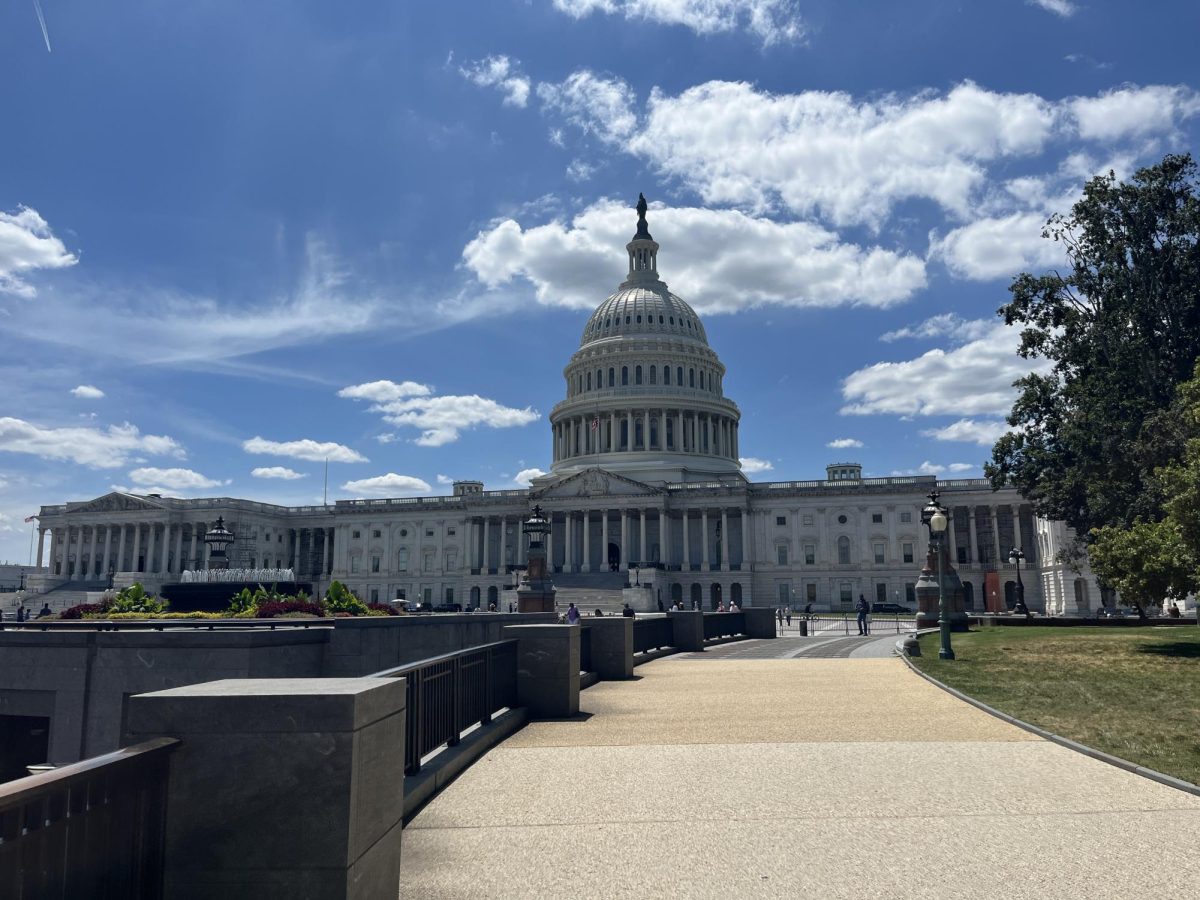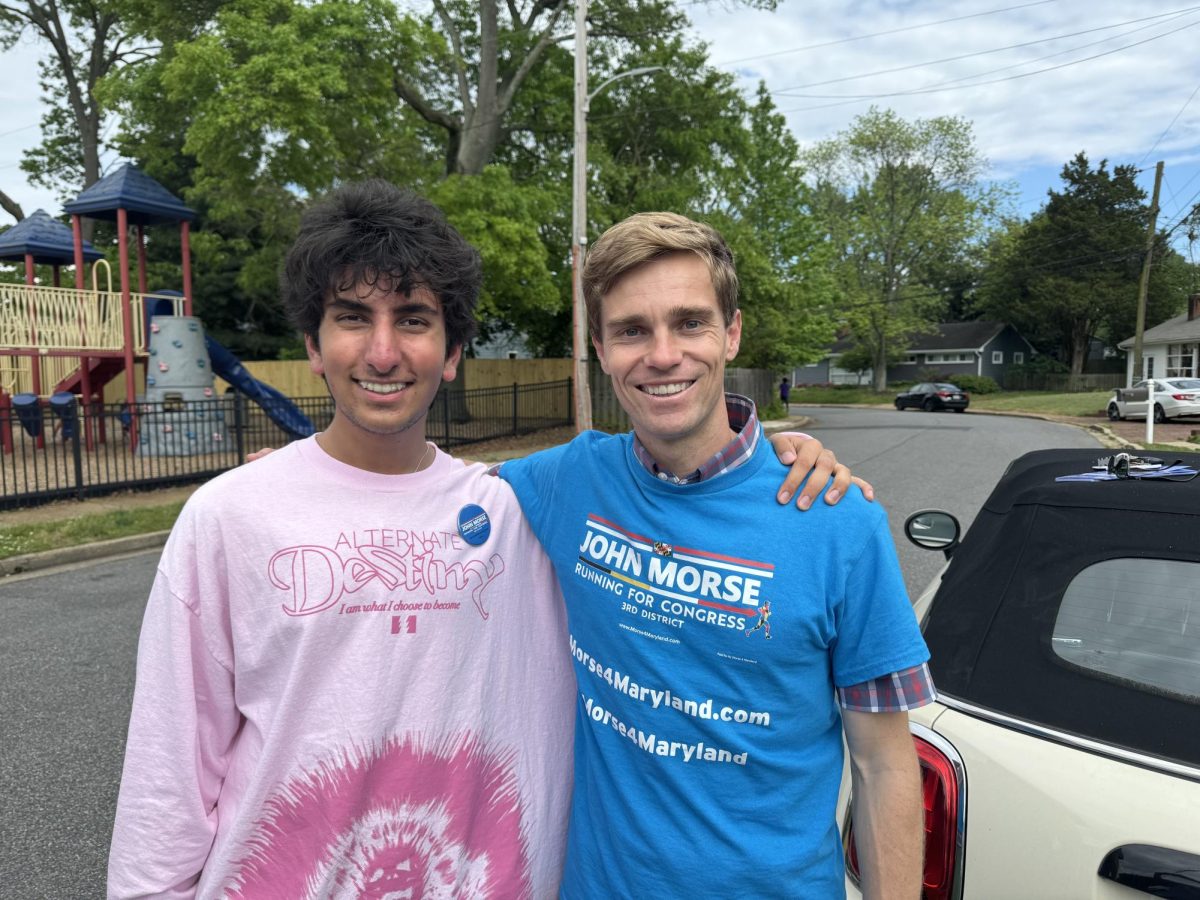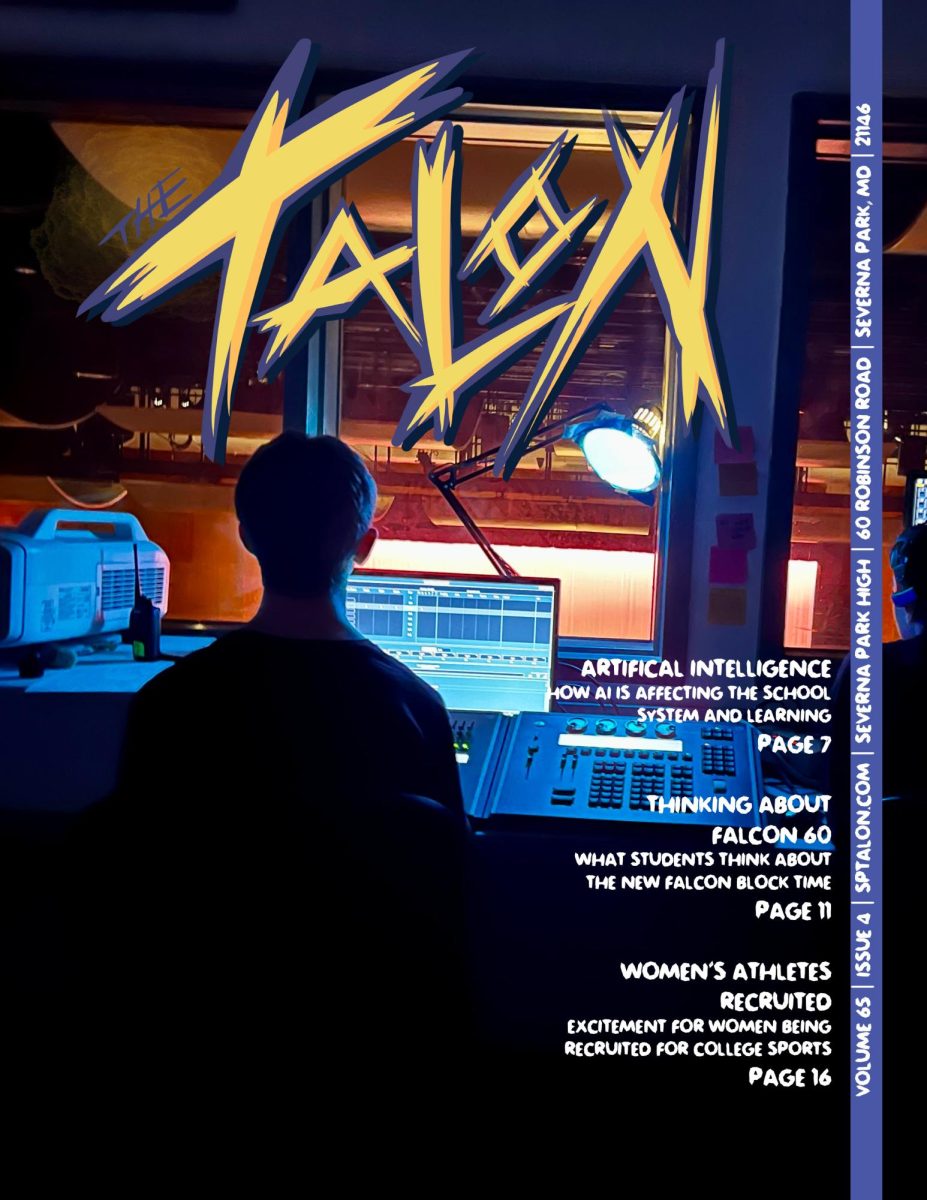Currently the minimum wage is set at $8.25 across America, but in recent years many have supported a raise in minimum wage, taking the national spotlight when President Obama addressed it in his State of the Union Address in January 2014. These changes could be widely positive; many other countries have already adopted a higher minimum wage. But, there are also some drawbacks supporters of this change fail to realize.
Minimum wage has only been risen three times in the past three decades, meaning it has not been compensating for inflation, which grows steadily each year. Because of this, minimum wage does not always support those who truly need it. It can be hard for one person to live off of it, let alone a family. Lots of people working minimum wage jobs also rely on government funded social programs, like food stamps. If the minimum wage were to be risen, fewer people would have to rely on social programs, and taxes for such expenses could be decreased or reallocated.
This all sounds great, but raising the minimum wage has some very negative side effects that go along with it. If the minimum wage were to be raise to $10.10, as suggested by Obama, half a million jobs would be lost, a $12 wage means 1.3 million jobs would be lost, and a $15 wage means 3.3 million jobs would be lost. This would also not solve the poverty problem because four-fifths of the gains will go to households not in poverty. There are few minimum wage workers who are actually in poverty, a vast number are in high school or college and come from families that aren’t necessarily “poor”, meaning of the 16.5 million this raise will benefit only 900,000 will be receiving help in getting out of poverty.
Minimum wage might also bring about outsourcing of jobs to people not in America who are willing to work for less. Economists worry about the long term effects of raising the minimum wage, because politics focuses more on the immediate benefits of such plans and not future ripples and expenses. The raise in minimum wage will also raise product prices so companies can earn enough money to pay the wage.
There is no question that the minimum wage is much too low to successfully support a family, and that it has not been raised high enough to accommodate for inflation. Minimum wage would also stimulate the economy because more people have money to spend freely. The increased spending means higher business earnings, and more opportunities for jobs in these businesses to keep up with sales. But it is important when looking at things that seem to be beneficial to not only to look at who it is really benefiting, but also future negative effects as a whole. Each side of the minimum wage argument is valid, and here’s what some of the 2016 candidates are thinking:
| Candidate | Stance on Minimum Wage |
| Hillary Clinton | $12 minimum wage |
| Bernie Sanders | $15 minimum wage |
| Joe Biden | $15 minimum wage |
| Donald Trump | Argues having a low minimum wage isn’t a bad thing |
| Carly Florina | No national minimum wage but, varies state to state |
| Jeb Bush | The federal government should stay out of it, each state decides |



